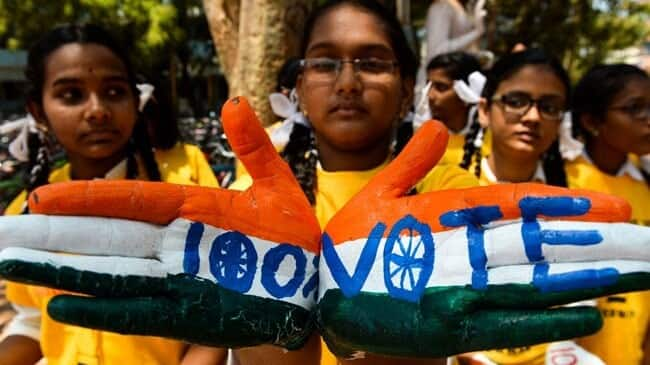
'One Nation, One Election': Congress's 'two-thirds majority' jibe at BJP
What's the story
The Lok Sabha on Tuesday saw a fiery debate over two bills seeking to amend the Constitution to enable simultaneous federal and state elections.
The Bharatiya Janata Party (BJP) had introduced the bills under its "one nation, one election" initiative.
However, a division vote showed that the government lacked the requisite two-thirds majority for constitutional amendments with 269 MPs in favor and 198 against.
Opposition critique
Congress highlights government's insufficient support for bills
Congress MP Manickam Tagore also emphasized the government's failure to garner enough support, saying, "Two-thirds majority (i.e., 307) was needed out of the total 461 votes... but the government secured only (269)."
Shashi Tharoor also reiterated this, saying that while the BJP has bigger numbers, it doesn't have the required two-thirds majority.
The BJP-led National Democratic Alliance (NDA) has 293 MPs, which isn't enough to push constitutional amendments without support.
Vote deficit
PM Modi needs 9 more votes to push agenda
Though the YSR Congress and Akali Dal have promised their support to the NDA, PM Narendra Modi still requires nine more votes to ensure the bill passes in the Lok Sabha.
The bill will likely be sent to a joint committee for further scrutiny.
Despite opposition from several quarters, BJP allies such as Andhra Pradesh's Telugu Desam Party offered "unwavering support," saying they benefited from simultaneous elections in their state.
Amendment details
Proposed amendment aims to synchronize election terms
The proposed amendment would align state assembly terms with that of the Lok Sabha, starting after 2029.
The change would streamline governance and minimize policy paralysis due to frequent elections, according to the government.
However, legal experts warn that without proper constitutional amendments, the proposal could face challenges for violating India's federal structure.